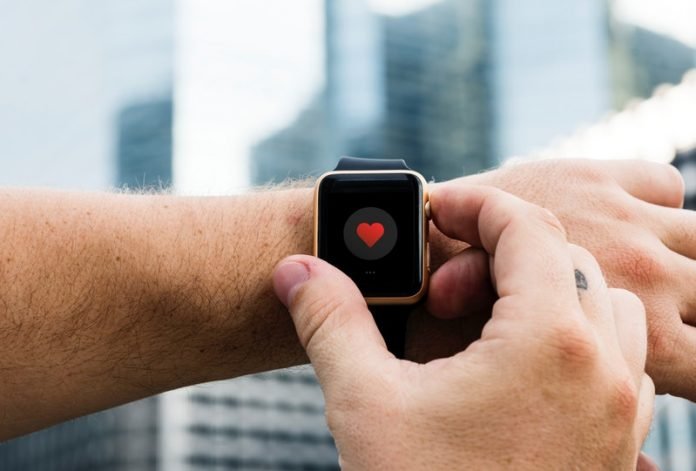
In a new study, researchers found that cardiac resynchronization therapy (CRT) with defibrillator could benefit many heart failure patients.
The CRT-defibrillator could improve heart functions in these patients if traditional implantable cardioverter defibrillator treatment does not work.
The research was conducted by a team from the Oregon Heart and Vascular Institute in Springfield.
Most previous research on CRT therapy in heart failure patients has focused on a common condition called left bundle branch block (LBBB).
This heart condition can be detected by the electrocardiogram (EKG).
In this condition, activation of the left ventricle of the heart is delayed, which causes the left ventricle to contract later than the right ventricle.
In the new study, the team focused on two less common heart disorders: right bundle branch block (RBBB) and nonspecific intraventricular conduction delay (NICD).
A CRT-defibrillator is a special device for heart failure patients who are also at high risk for sudden cardiac death.
It can work as a normal defibrillator to treat slow heart rhythms and life-threatening fast heart rhythms, and it also delivers small electrical impulses to the left and right ventricles to help them contract at the same time.
This helps the heart pump more efficiently.
The team analyzed data between 2010-2013 from 5,954 Medicare-aged patients who had heart failure.
They compared patients who had one of two types of a defibrillator—either a CRT-defibrillator or a normal defibrillator.
They found that in many patients with NICD, CRT-defibrillator was linked to a decreased risk of death, readmission to the hospital for any cause, as well as readmission for heart-related causes.
Among patients with RBBB, the therapy was not linked to better outcomes.
The team says the finding may help heart failure patients select treatments more effectively.
They also say implanting a CRT-defibrillator is not without health risks. CRT can cause complications, including infection, a punctured lung or perforated heart muscle.
The current findings will need to be confirmed with further studies.
The lead author of the study is Hiro Kawata, MD, Ph.D., of the Oregon Heart and Vascular Institute in Springfield.
The study is published in the Journal of the American College of Cardiology.
Copyright © 2019 Knowridge Science Report. All rights reserved.



